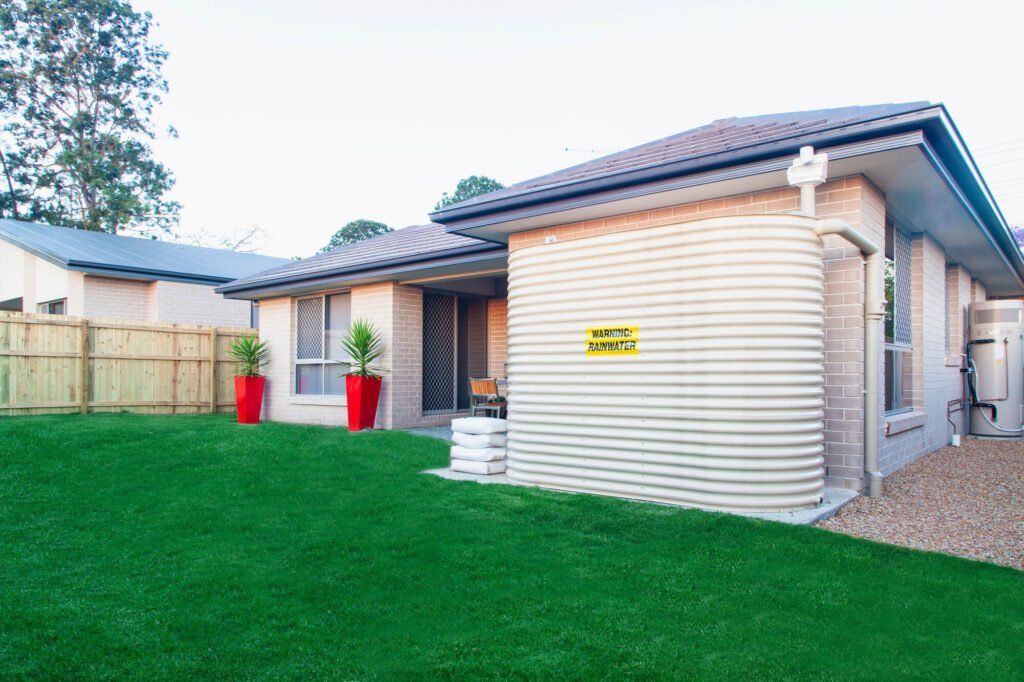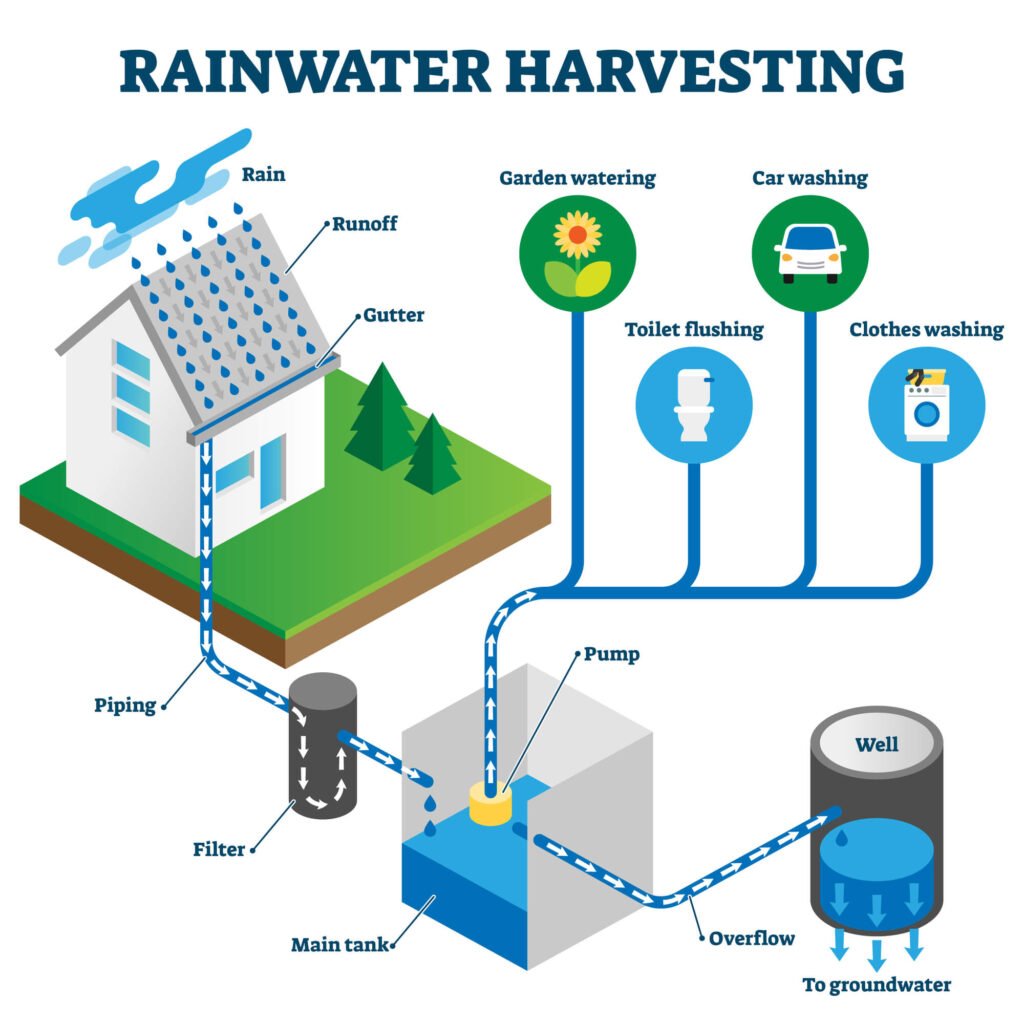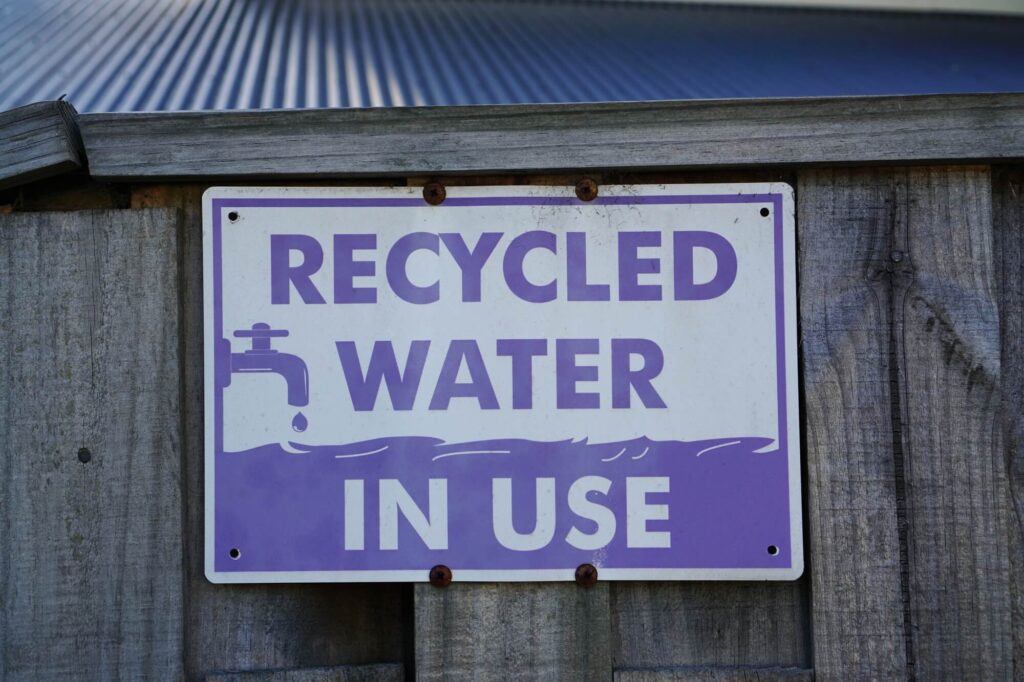Water conservation is a pressing issue in Australia, with the country facing significant challenges due to its dry climate and increasing water scarcity. As you navigate through the huge number of water conservation solutions, it is crucial to be aware of the variety of techniques and technologies that can make a positive impact on water usage and sustainability in Australia.
In addressing water scarcity, it is essential to consider both reducing water consumption and utilising alternative water sources. By incorporating efficient irrigation systems, wastewater treatment and water-efficient appliances in your home and business, you can join those in the fight for the preservation of this vital resource, rather than be a complacent consumer.
Additionally, harvesting rainwater and utilising stormwater can provide alternative sources of water that decrease your reliance on traditional water supplies and further support conservation efforts.
By implementing water conservation solutions in Australia at various levels, whether individual, community or industry-wide, you can help secure long-term water resilience for the country.
This article is designed to show you ways to embrace innovative methods and work towards creating a more sustainable environment for future generations.

Water Conservation Solutions in Australia
Australia is the driest inhabited continent on Earth, with almost all of the land arid or semi-arid, making water conservation a critical issue. With the added effect of climate change in recent years, our nation has faced severe drought, making it more important than ever to implement effective water conservation solutions.
Here are some ways Australian homeowners can adopt water conservation solutions:
Rainwater Tanks
One solution homeowners can turn to is installing rainwater harvesting systems. These systems collect rainwater from roofs, which can then be used for purposes such as watering a garden, flushing toilets and even washing laundry. By implementing this system, you can significantly reduce your treated water consumption and ultimately save money on your water bill.
Drip Irrigation
When it comes to irrigation, technological advancements play a vital role in conserving water. Utilising drip irrigation systems not only helps maintain the right moisture levels in your soil but also promotes efficient water use by directing it to plant roots, thus minimising evaporation and runoff.
Native Gardens
Another essential practice to adopt is the use of native plants in your garden. Australian native plants are naturally adapted to the local climate and require less water than introduced species. By choosing these low-water-use plants for your garden, you can make significant strides in water conservation.
Water smart appliances
In addition to these techniques, updating your household appliances, such as dishwashers, showerheads and washing machines to more water-efficient models and keeping up with home maintenance such as fixing plumbing leaks could save litres of water daily.
Be smart about water use
Lastly, it is essential to be mindful of your daily water usage habits. Simple changes like turning off the tap when brushing your teeth or only running full loads of laundry can significantly impact the amount of water saved over time.
By implementing these water conservation solutions, both on an individual and national level, Australia can actively address water issues and continue to work towards a more sustainable future in managing scarce water resources.
Water Issues
It’s essential for you to be aware of the consequences of poor water management and make the changes needed to see a difference sooner, rather than at crisis point for things like:
Climate Change
As climate change intensifies more frequent and severe droughts impact water scarcity in Australia. Warmer temperatures lead to faster evaporation, depleting reservoirs and groundwater levels.
Population Growth
Australia has an increasing population growth that puts greater demand on existing water resources. Rather than wait for restrictions, be smart about water consumption every day to help ensure there is enough to go around.
Agricultural Demands
It’s important that Australian produce be sourced locally rather than imported however, as the agricultural sector expands, so does its demand for water, further exacerbating water scarcity issues. You can help by supporting sustainable farming practices to send a clear message that sustainable farming is profitable.
Every drop you save really does count. Adjusting your habits and supporting sustainable initiatives will contribute positively to water conservation and move our communities closer to long-term sustainability.


Residential Solutions
Low-Flow Fixtures
Low-flow fixtures, such as taps, shower heads and toilets, allow you to use less water without sacrificing comfort or performance. By choosing high-efficiency models, you can save a significant amount of water each year. Some options to consider include:
- Aerators: These devices mix air with water, reducing the flow rate without affecting water pressure.
- Low-flow showerheads: High-efficiency showerheads can use up to 50% less water than traditional models.
- Dual-flush toilets: These toilets give you the option to select a half-flush or full-flush, depending on the need, minimising water usage.
Rainwater Harvesting
Rainwater harvesting systems capture and store rainwater and reduce your reliance on treated water. Here’s how you can implement rainwater harvesting at home:
- Determine your needs: Estimate how much water you require for indoor and outdoor use.
- Choose a suitable storage system: Select a storage tank (or multiple tanks) based on your needs, capacity and available space.
- Install a catchment system: Connect your roof gutters and downpipes to the storage tank, ensuring that a filtration system is in place to remove debris and contaminants.
Dual Plumbing System
Using a dual plumbing system gives you more flexibility for how you use greywater around your home as it consists of two sets of pipes: one for potable water and another for recycled or non-potable water (e.g. rainwater or greywater). Duel systems can be used for:
- Irrigation: Use non-potable water for garden maintenance
- Toilet flushing: Divert greywater or rainwater to your toilets
- Laundry: Utilise greywater in your washing machine
By incorporating these water conservation solutions into your Australian home, you’ll contribute to a more sustainable future while enjoying the benefits of reduced water bills and eco-conscious living.
Government and Industry Initiatives
Regulations and Policies
As you navigate Australia’s water conservation landscape, it’s essential to understand the regulations and policies supporting sustainable water management. The National Water Initiative (NWI) is a key policy document that showcases a commitment from both the government and industry partners to a more efficient and sustainable water system.
Its goals include:
- Improving water planning and allocation
- Securing water resources
- Facilitating the trade of water within the market
Adhering to the guidelines laid out in the NWI will have a positive impact on water savings and the environment.
Incentives and Rebates
There are a number of incentives and rebates to promote water conservation including rebates for water-saving devices or tax deductions for water-efficiency improvements. For example, businesses can benefit from the Smart Approved WaterMark initiative, which provides certification for water-saving products or services.
By staying engaged with the Australian government and industry initiatives, you can greatly contribute to a more sustainable future, improve your business practices, and drive positive change in the world of water conservation.


Community Involvement
Education and Awareness
Education and awareness campaigns aim to inform and inspire the public about the importance of sustainable water usage and management. By participating in grassroots events and supporting educational campaigns, you can help raise awareness about water scarcity issues both locally and nationally.
In addition to attending workshops, seminars and other educational events, you can also stay up-to-date with relevant information through various online resources. These platforms will enable you to remain informed on best practices in water conservation, new technologies, and the latest industry developments.
Local Water Conservation Projects
You can join existing water conservation projects or launch your own to address Australia’s water challenges. Some examples of projects you might volunteer for are:
- Promoting rainwater systems and water-efficient appliances
- Community gardens that promote water-wise practices
- Clean-up drives along waterways and coasts
- Restoration and rehabilitation of local ecosystems to improve water quality
You can also coordinate with local government bodies and non-profit organisations to support their water conservation goals and explore funding opportunities for projects and initiatives.
Water Conservation Solutions Australia: Key Takeaways
In conclusion, implementing effective water conservation solutions in Australia is crucial for ensuring a sustainable future for the country’s water resources and ecosystems.
Here are the key takeaways from this article:
- Australia is a country that has been facing water scarcity issues for a long time, but these issues are exacerbated by the climate crisis and increasing population.
- Innovative plumbing solutions like low-flow fixtures and rainwater harvesting systems are effective ways to conserve water.
- Low-flow fixtures can reduce water consumption by up to 60%, which can result in significant water savings in households and commercial buildings.
- Rainwater harvesting systems can collect and store rainwater for various non-potable uses like irrigation, washing, and flushing, reducing the demand for freshwater.
Water conservation is crucial for the sustainability of our planet. It is everyone’s responsibility to contribute towards water conservation solutions. Let our local expert technicians in water solutions in Canberra, Central Coast plumbing professionals and expert plumbing suppliers in Newcastle, show you how to reduce water bills and promote eco-friendly practices to preserve this precious resource.
